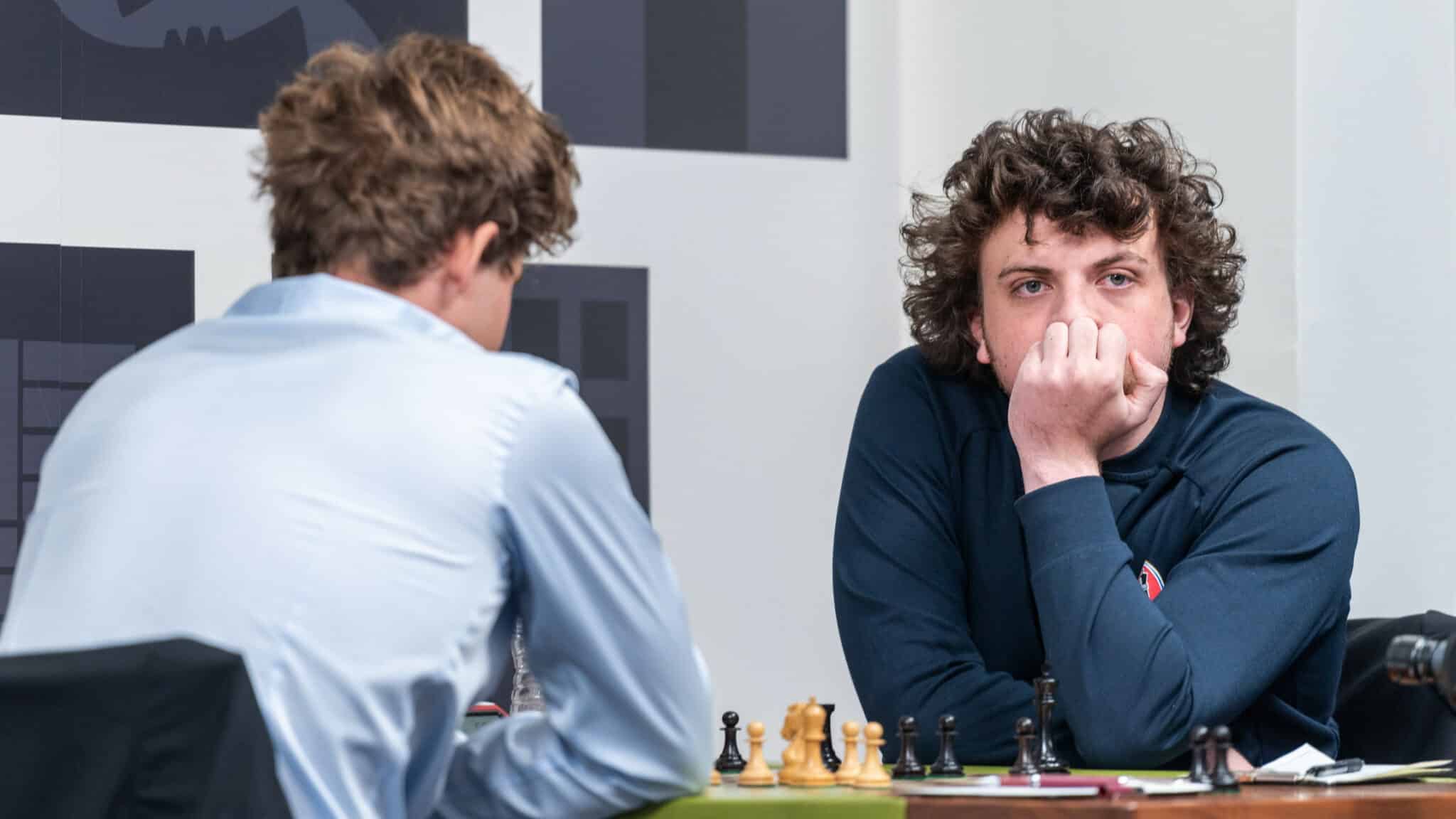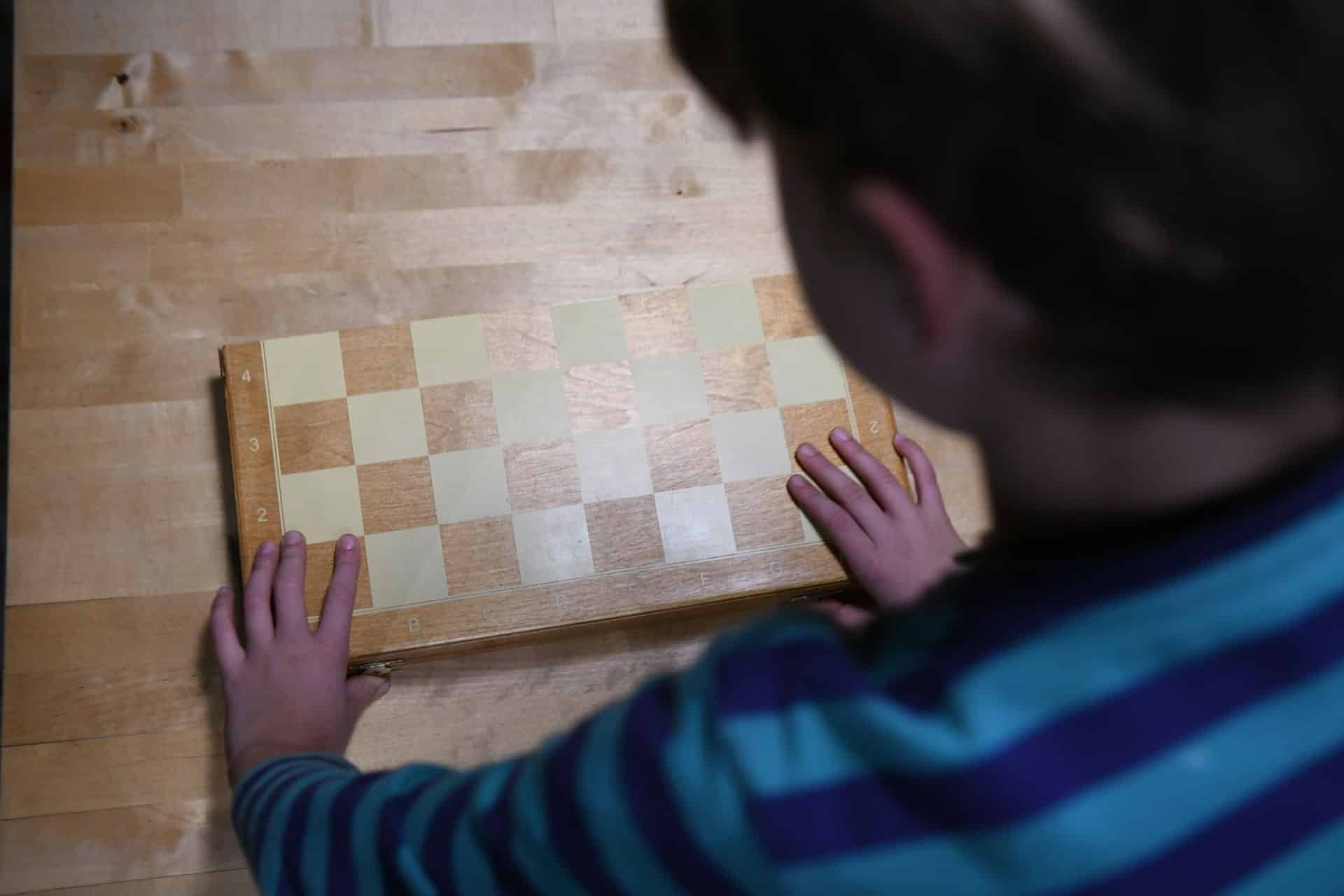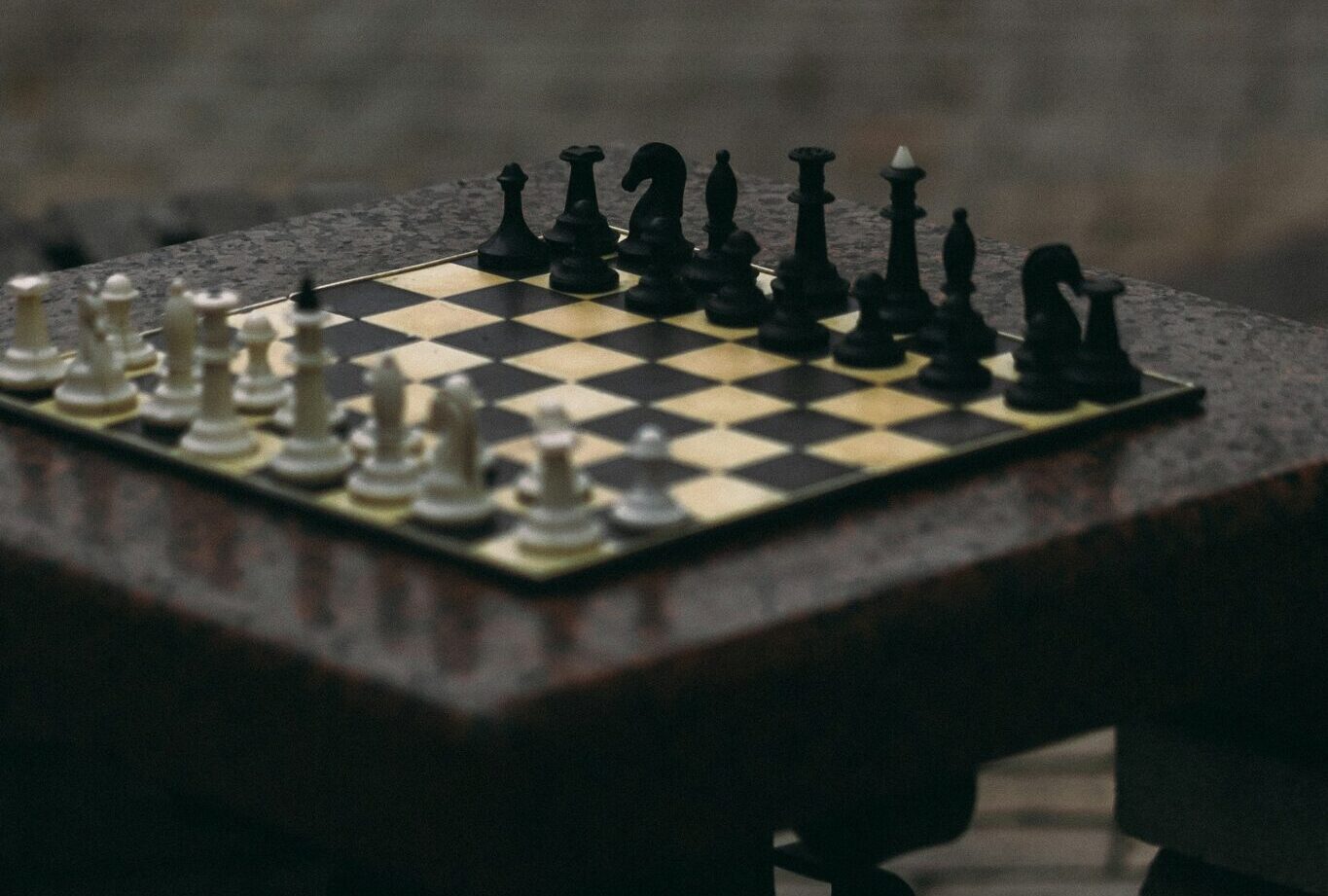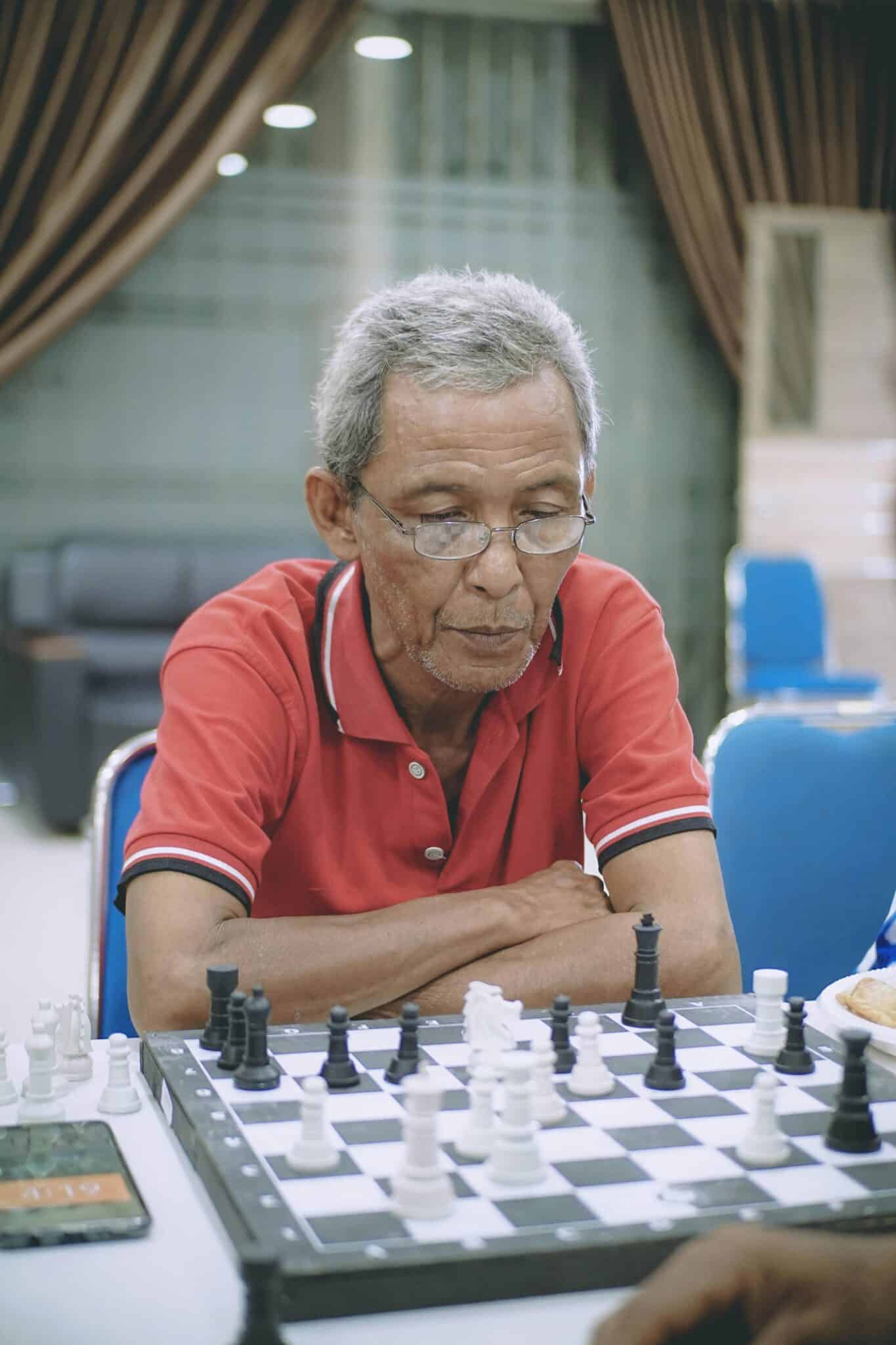Chess is a game of skill, patience, and strategy, where every move can have serious, world-wide implications if you’re playing with grandmasters or in tournaments. But, unfortunately, like any sport, there is always the possibility for chess cheating. With grand prizes, huge monetary incentives, and world-wide fame on the line, it’s easy to see why some players may be tempted to take the easiest route to success — by cheating. But, as in any sport, cheating in chess is a serious offense that can lead to disqualifications and serious penalties.
Table of Contents
Common Types of Chess Cheating
Cheating in chess can take a variety of forms, from collusion with spectators or other players, to more sophisticated violations like the use of chess engines during play. The most common characteristics of cheating during chess games include: rating manipulation, use of outside aid, slow-playing, and multi-accounting.
Rating manipulation means that a player uses multiple accounts, either their own or hacked accounts belonging to others, to manipulate the ranking system so they appear to be higher ranked than they actually are. This gives them a psychological and tactical edge over their more experienced opponents.
Outside aid typically refers to a player consulting others or looking up information during their games. This can vary from quickly messaging someone for the best move, to actually accessing a database of strategy and tactics from the internet or from a third party.
Slow-playing is a method of prolonging the game to give yourself or your opponent enough time to confer with or consult someone. By doing this,the player is allowing themselves to make better decisions and work towards a better result within the given time frame.
Multi-accounting is when a player uses multiple accounts, both their own and hacked accounts from others, in chess tournaments to increase their odds of success. This can take the form of the player controlling multiple accounts at once, or the player simply playing a game with multiple accounts at the same time.
How to Spot Chess Cheating?
Players who are suspected of cheating usually display patterns of behaviour that may be recognisable to experienced players. Those suspected of cheating may show a sudden improvement in their game, or sudden changes in their style of play. They may also take an unnecessarily long time to make decisions, or move unusually quickly during certain stages of the game.
In addition to these more obvious behaviours, there may also be more subtle behavioural clues that tip you off. Cheating players may be particularly vocal during the game, or try to engage spectators in the game using personal comments. They may also seek out and try to gain favour from their opponents, or use undocumented methods or techniques to alter the outcome of a game.
How to Report Chess Cheating?
If you suspect that someone is chess cheating in a chess game, you should report it as soon as possible. Depending on the seriousness of the allegations, you may want to report the incident to the tournament directors or administrators, or directly to the relevant governing bodies such as the International Chess Federation or the U.S. Chess Federation.
When reporting a potential cheater, you should make sure you have as much information available as possible. This should include the names of both players, the date and time of the game, the type of game (live or online), and any evidence that is available. Photos, screen recordings, and witness testimony can all be useful when reporting a potential cheater.
The Impact of Chess Cheating
Chess Cheating can have serious consequences, not just for the cheaters, but for the sport itself. Professional players are likely to be banned or otherwise penalized for their actions, and the sport’s reputation is put in jeopardy, affecting the viewership and the public’s perception of the game.
However, there are some cases where the public is better served by details of the alleged cheating being revealed. For example, the megascandal caused by grandmaster Hans Niemann, which came to light in October 2022 after he was accused of using vibrating sex toys to cheat in the $350,000 chess tournament. The case—which caused the chess world to shudder—resulted in him filing a defamation lawsuit against World Chess Champion Magnus Carlsen.
Ultimately, the damage caused by incidents of chess cheating can be negative, as it reduces public confidence in the justice of tournaments and the integrity of the game. This, in turn, leads to smaller prizes, fewer sponsors, and fewer people wanting to become involved in the game.






